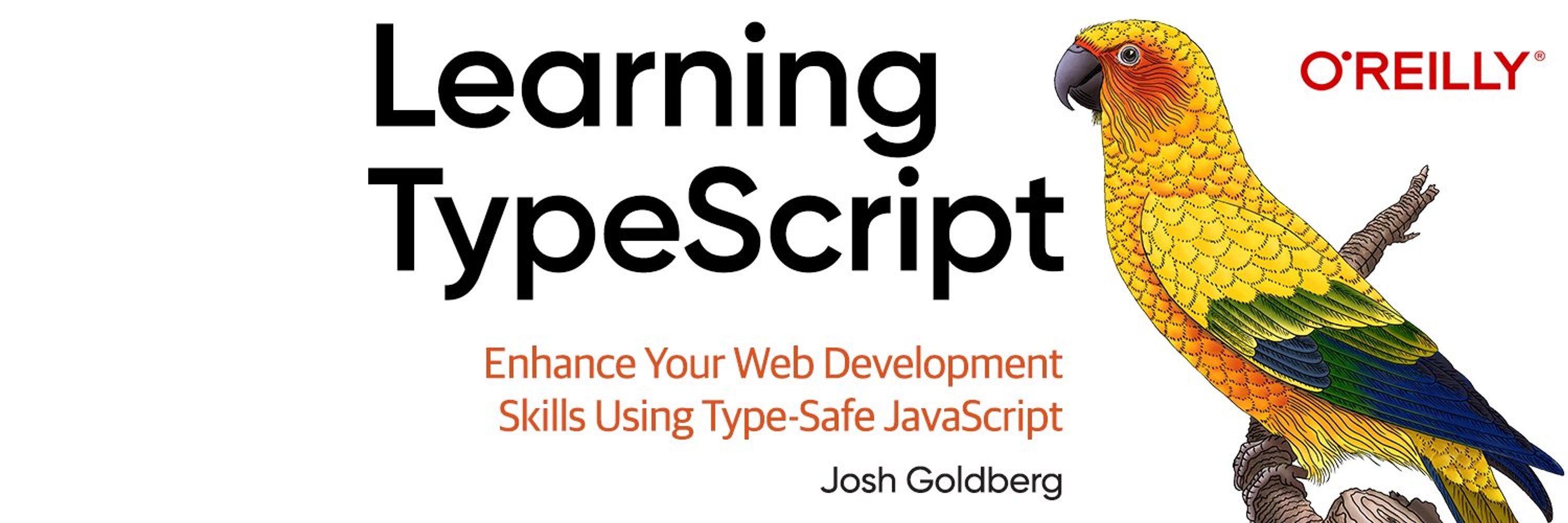
✍ by @JoshuaKGoldberg.com; 🖨 by O'Reilly
https://learningtypescript.com

This one starts from the beginning: when you say "TypeScript", you might mean one of four entities. Let's look at what TypeScript really is, along with common reasons to try them out. 🧠
www.learningtypescript.com/articles/wha...
This one starts from the beginning: when you say "TypeScript", you might mean one of four entities. Let's look at what TypeScript really is, along with common reasons to try them out. 🧠
www.learningtypescript.com/articles/wha...

This one starts from the beginning: when you say "TypeScript", you might mean one of four entities. Let's look at what TypeScript really is, along with common reasons to try them out. 🧠
www.learningtypescript.com/articles/wha...
www.learningtypescript.com/articles/ext...
www.youtube.com/watch?v=0mCs...

www.learningtypescript.com/articles/ext...
www.youtube.com/watch?v=0mCs...
* What they are
* When you do (or don't) want them
* Best practices - of course including @typescript-eslint.io
First @learningtypescript.com article for the new year, *and* for the newly created account! 🐣
Comment directives allow changing how tools analyze your code. Many of TypeScript's allow disabling type checking - which might seem counterintuitive. Why would you want that?
Let's explore `@ts-expect-error`, `@ts-ignore`, and more!
1/🧵

* What they are
* When you do (or don't) want them
* Best practices - of course including @typescript-eslint.io
First @learningtypescript.com article for the new year, *and* for the newly created account! 🐣
Comment directives allow changing how tools analyze your code. Many of TypeScript's allow disabling type checking - which might seem counterintuitive. Why would you want that?
Let's explore `@ts-expect-error`, `@ts-ignore`, and more!
1/🧵

Comment directives allow changing how tools analyze your code. Many of TypeScript's allow disabling type checking - which might seem counterintuitive. Why would you want that?
Let's explore `@ts-expect-error`, `@ts-ignore`, and more!
1/🧵

